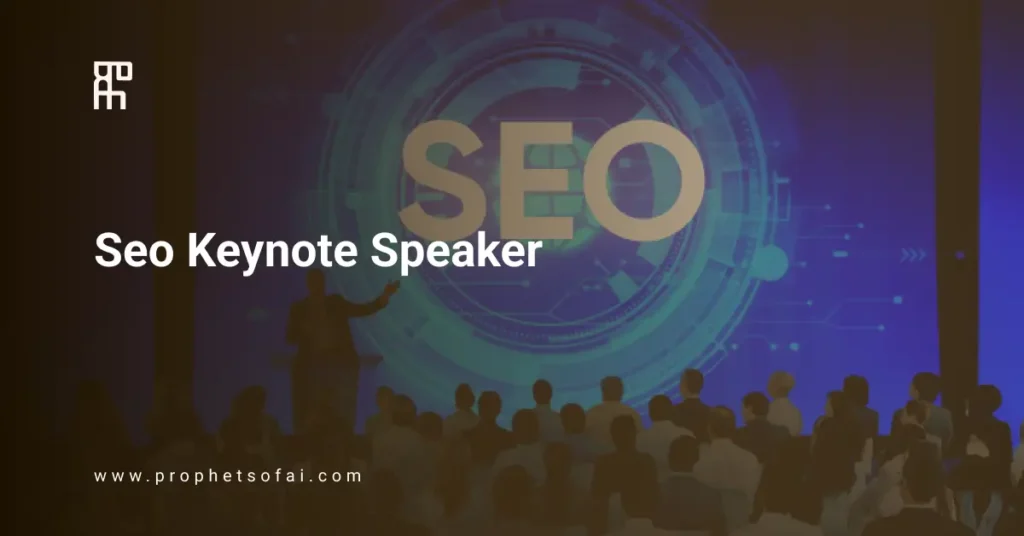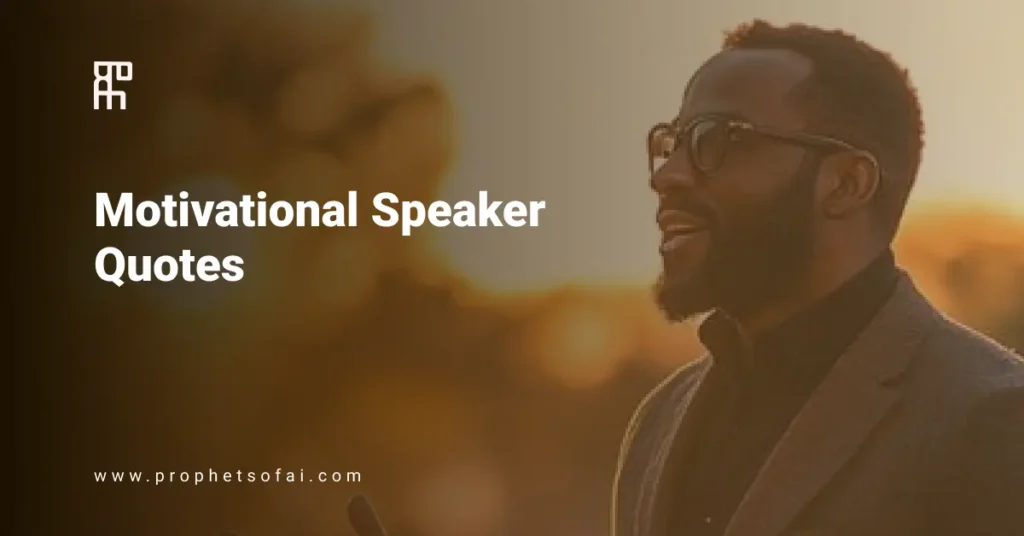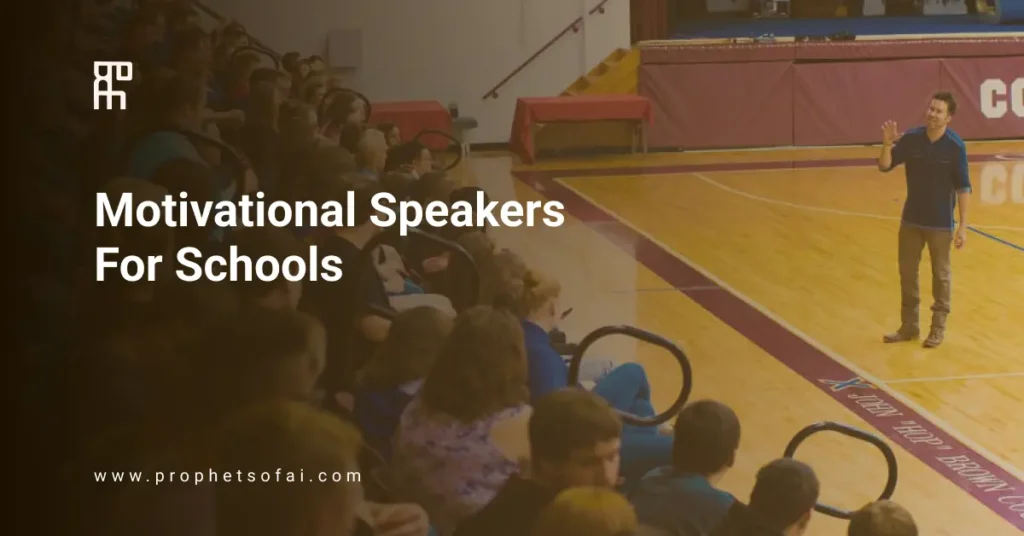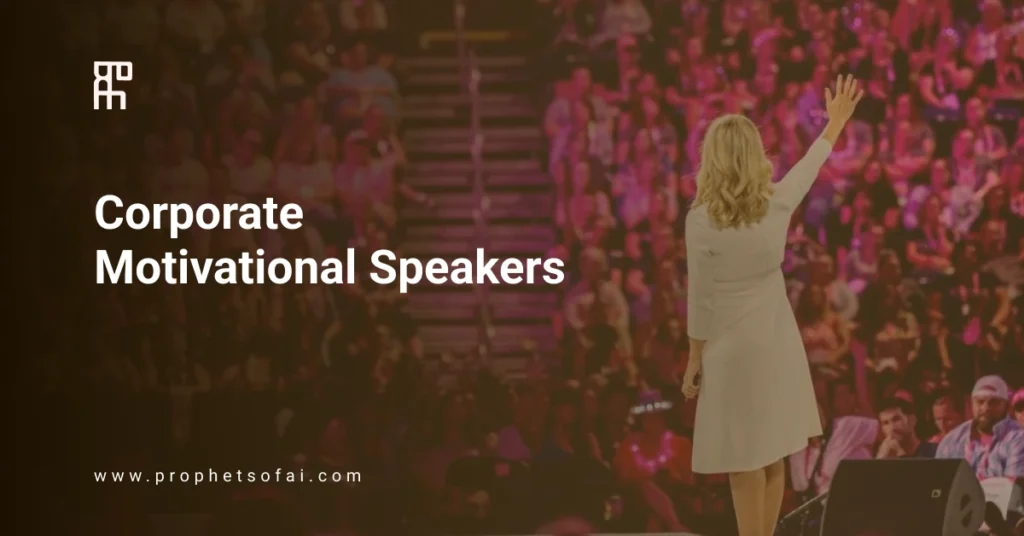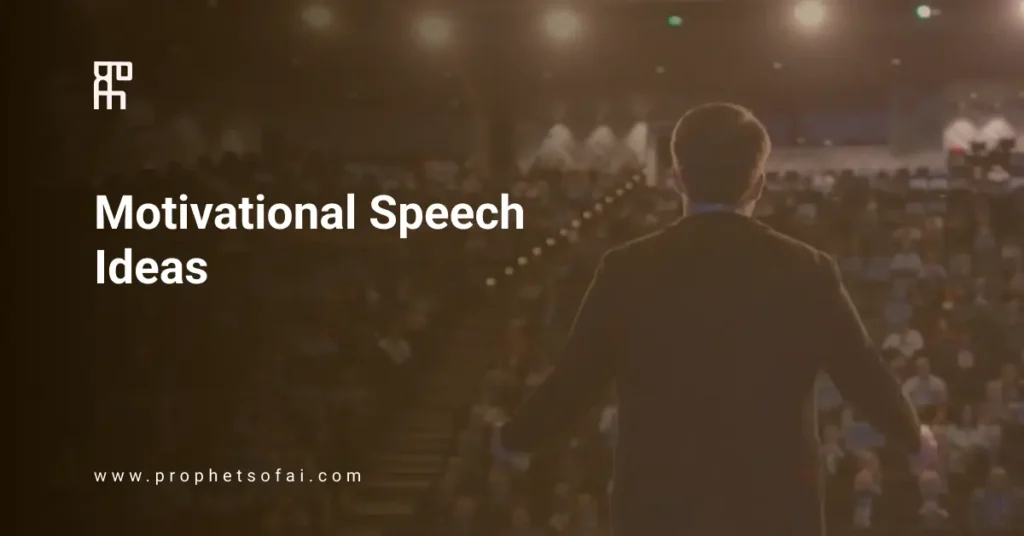Not all keynote speakers are created equal—and choosing the wrong type can turn your highly anticipated event into a forgettable afternoon. The mistake most event planners make? Booking based on name recognition or availability rather than speaker type and fit. A motivational speaker won’t deliver the technical depth your engineers need. A celebrity won’t provide the strategic insights your C-suite expects.
The key to a successful keynote isn’t just finding someone who can speak—it’s finding the right type of speaker for your specific event goals. Before diving into speaker types, make sure you understand what is a keynote speaker and their fundamental role. In this guide, we’ll break down the 6 main categories of keynote speakers, their strengths, ideal use cases, and how to match them to your audience. Let’s ensure your next speaker choice is strategic, not just convenient.
1. The Industry Expert / Thought Leader
These are the recognized authorities in their field—the people who write the books, lead the research, and shape industry conversations. Industry experts have spent years, often decades, building deep domain knowledge and credibility. They’re the CTOs, chief scientists, analysts, and consultants that everyone in the industry knows by name.
Best for: Corporate conferences, professional development events, B2B summits, and anywhere your audience craves cutting-edge knowledge and strategic insights.
Strengths: Unmatched credibility, actionable intelligence, industry-specific case studies, and access to proprietary research or data. When they speak, people listen because they’ve earned their authority through results, not just stage presence.
Considerations: They may prioritize substance over entertainment. Expect less showmanship and more depth. Their content is educational and tactical rather than emotionally driven.
When to book: Your audience needs to walk away smarter, not just inspired. You’re planning a professional conference where attendees expect to learn specific strategies they can implement immediately. The goal is knowledge transfer and competitive advantage.
2. The Motivational / Inspirational Speaker
These speakers specialize in transformation—shifting mindsets, building resilience, and igniting action. They focus on the human element: overcoming adversity, peak performance, leadership under pressure, and personal growth. Their power lies in emotional connection and the ability to make audiences believe they can achieve more.
Best for: Sales kickoffs, team-building events, organizational change initiatives, and any gathering where morale and momentum matter more than technical knowledge.
Strengths: High energy delivery, relatable personal stories, emotional resonance, and messages that stick long after the event ends. They create “fire-up-the-team” moments that drive action.
Considerations: While they excel at inspiration, they may lack industry-specific depth or tactical frameworks. Their content is universal rather than customized to your sector.
When to book: Your team needs energy, confidence, or a mindset shift. You’re launching a new initiative, recovering from setbacks, or rallying people around a vision. The goal is emotional engagement and renewed commitment.
Common mistake: Booking motivational when your audience actually needs practical, technical knowledge. Understanding the differences in our guide keynote speaker vs motivational speaker helps you avoid this costly mistake.
2. The Futurist / Trend Forecaster
Futurists analyze emerging patterns, technological shifts, and market dynamics to predict what’s coming next. They challenge conventional thinking and help organizations prepare for disruption before it arrives. These speakers connect dots others miss and translate complex trends into strategic opportunities.
Best for: Strategic planning sessions, innovation summits, leadership retreats, and executive gatherings focused on long-term positioning.
Strengths: Forward-thinking perspective, ability to reframe challenges as opportunities, and insights that inspire proactive strategy rather than reactive scrambling. They make the future feel tangible and actionable.
Considerations: Predictions aren’t guarantees. The best futurists back their forecasts with data, research, and track records—not just speculation.
When to book: Your organization needs to understand what’s next in AI, technology, consumer behavior, or industry evolution. You’re planning multi-year strategies and need to anticipate market shifts.
Why this matters for Prophets of AI: AI futurists are particularly valuable right now as organizations navigate rapid technological transformation and competitive pressure.
3. The Celebrity / High-Profile Speaker
These are household names—former presidents, Olympic athletes, entertainment icons, and famous entrepreneurs. Their value isn’t always what they say, but who they are. Celebrity speakers bring instant credibility, media attention, and the kind of buzz that drives ticket sales and social media engagement.
Best for: Large conferences, fundraisers, brand-building events, and gatherings where prestige and publicity matter as much as content.
Strengths: Massive audience draw, media coverage, photo opportunities, and the ability to elevate your event’s perceived status. Their presence alone signals importance.
Considerations: Premium pricing (often $100K+), limited content customization, complex booking processes, and potential misalignment between their expertise and your audience’s needs.
When to book: You need to fill seats, generate buzz, or attract sponsors. The celebrity’s story or brand aligns authentically with your message.
Reality check: Name recognition doesn’t automatically equal relevance. A famous speaker who doesn’t connect with your audience delivers hollow value.
4. The Technical Expert / Practitioner
These are hands-on professionals who live in the trenches—software architects, data scientists, product leaders, and engineers who’ve built, shipped, and scaled real solutions. They don’t theorize; they demonstrate. Their value is in practical, tactical knowledge that audiences can implement immediately.
Best for: Technical conferences, workshops, developer events, and skill-building sessions where “how-to” matters more than “why-to.”
Strengths: Deep technical credibility, real-world case studies, code examples, architecture diagrams, and battle-tested methodologies. They answer the questions practitioners actually have.
Considerations: Presentation polish may vary. They prioritize accuracy and utility over entertainment value, which can feel dry to non-technical audiences.
When to book: Your audience needs to learn specific skills, understand technical architectures, or solve complex implementation challenges. The goal is competency development, not inspiration.
The balance: The best technical speakers combine expertise with clarity—they can explain complex concepts without dumbing them down.
5. The Storyteller / Author
Masters of narrative who teach through compelling stories rather than bullet points. These speakers—business authors, journalists, documentary filmmakers—understand that facts tell but stories sell. They weave data, insights, and lessons into memorable narratives that audiences retell long after the event.
Best for: Brand events, customer conferences, culture-building gatherings, and any event where emotional connection and message retention are priorities.
Strengths: Exceptional memorability (stories are 22x more memorable than facts alone), emotional engagement, entertainment value, and shareability. Their content spreads organically through word-of-mouth.
Considerations: The story must authentically align with your message. Forced narratives feel manipulative and backfire.
When to book: You need content that resonates emotionally and sticks. Your message is important enough to deserve a story, not just slides.
The hook: People forget statistics within hours. They remember stories for years. The best storytellers make complex ideas accessible and inspiring simultaneously.
How to Choose the Right Type
Choosing the right speaker type starts with clarity about your event goals. Ask yourself: What should attendees feel, know, or do differently after this keynote?
Match speaker type to objectives:
- Need knowledge transfer and insights? → Industry Expert or Technical Expert.
- Building team energy and motivation? → Motivational Speaker.
- Strategic planning and future-readiness? → Futurist.
- Media attention and prestige? → Celebrity.
- Memorable, shareable message? → Storyteller.
The best speakers blend categories: An industry expert who tells great stories. A futurist who motivates action. A technical expert who inspires innovation. Look for speakers who combine the primary type you need with complementary strengths. What makes a good keynote speaker? Often it’s their ability to blend multiple speaker types effectively.
Don’t choose based on who’s available or trending—choose based on what your audience actually needs to hear. Learn how to find a keynote speaker who matches your specific requirements rather than settling for convenience.
Conclusion
The right speaker type transforms your event from forgettable to remarkable. It’s not about booking the biggest name—it’s about strategic alignment between speaker strengths and audience needs. A motivational speaker can’t deliver technical depth. A celebrity can’t replace a futurist. Understanding these distinctions protects your budget and your reputation.
At Prophets of AI, we specialize in AI thought leaders who blend deep expertise with inspirational delivery—industry experts who can both educate and energize your audience. We help you navigate speaker types to find the perfect match for your goals.
Not sure which type fits your event? Talk to our team for personalized recommendations based on your audience and objectives.
Ready to explore options? Browse our roster of AI keynote speakers organized by type and expertise.
